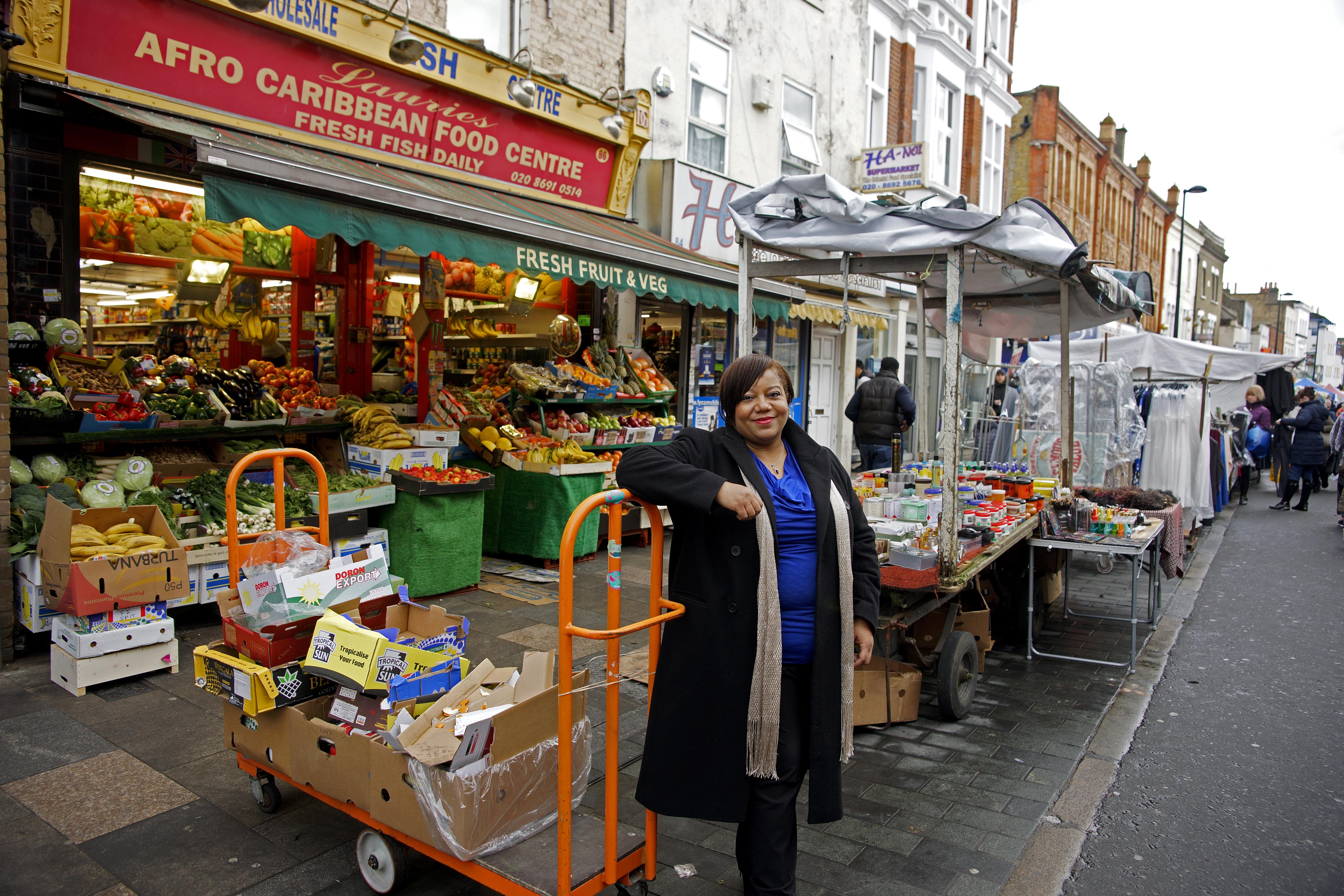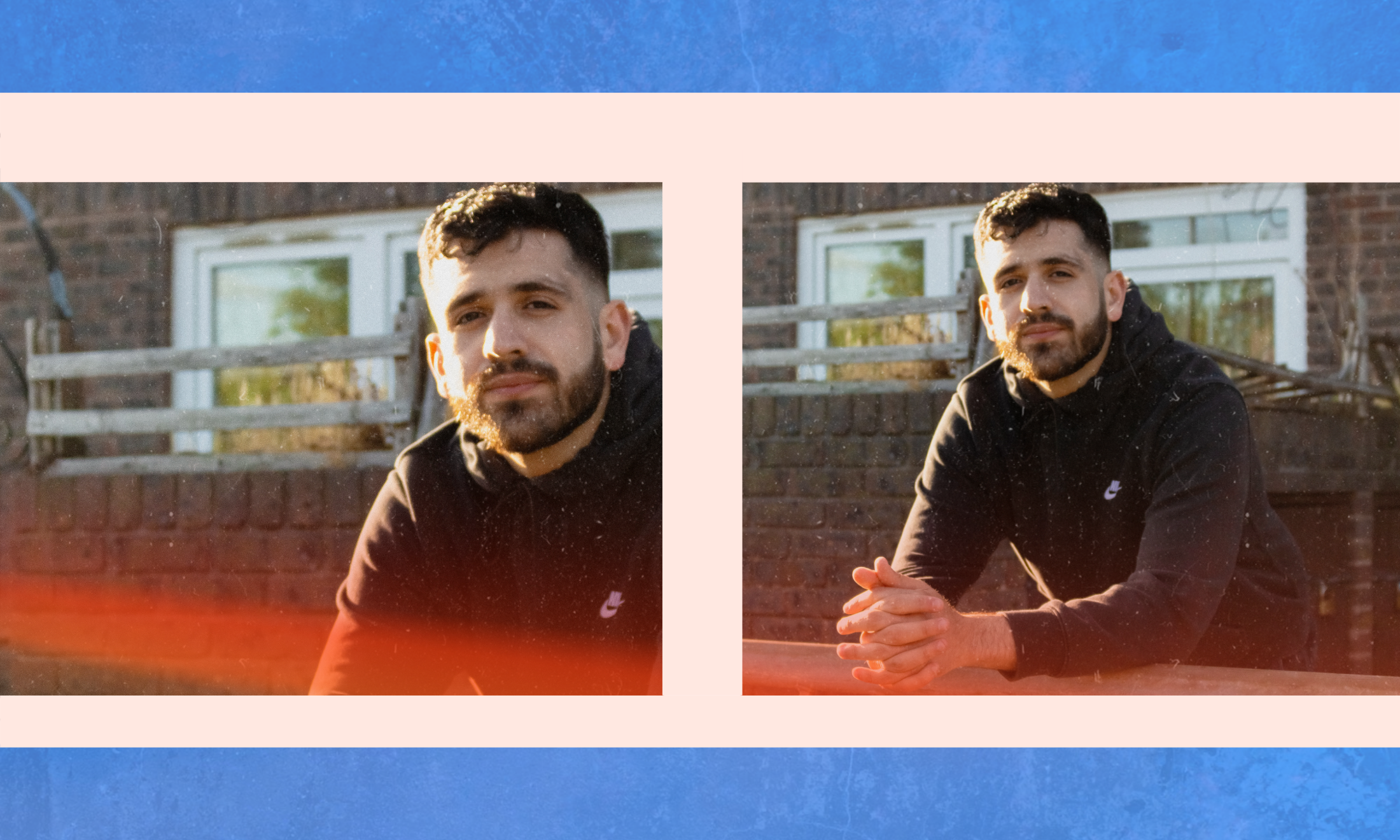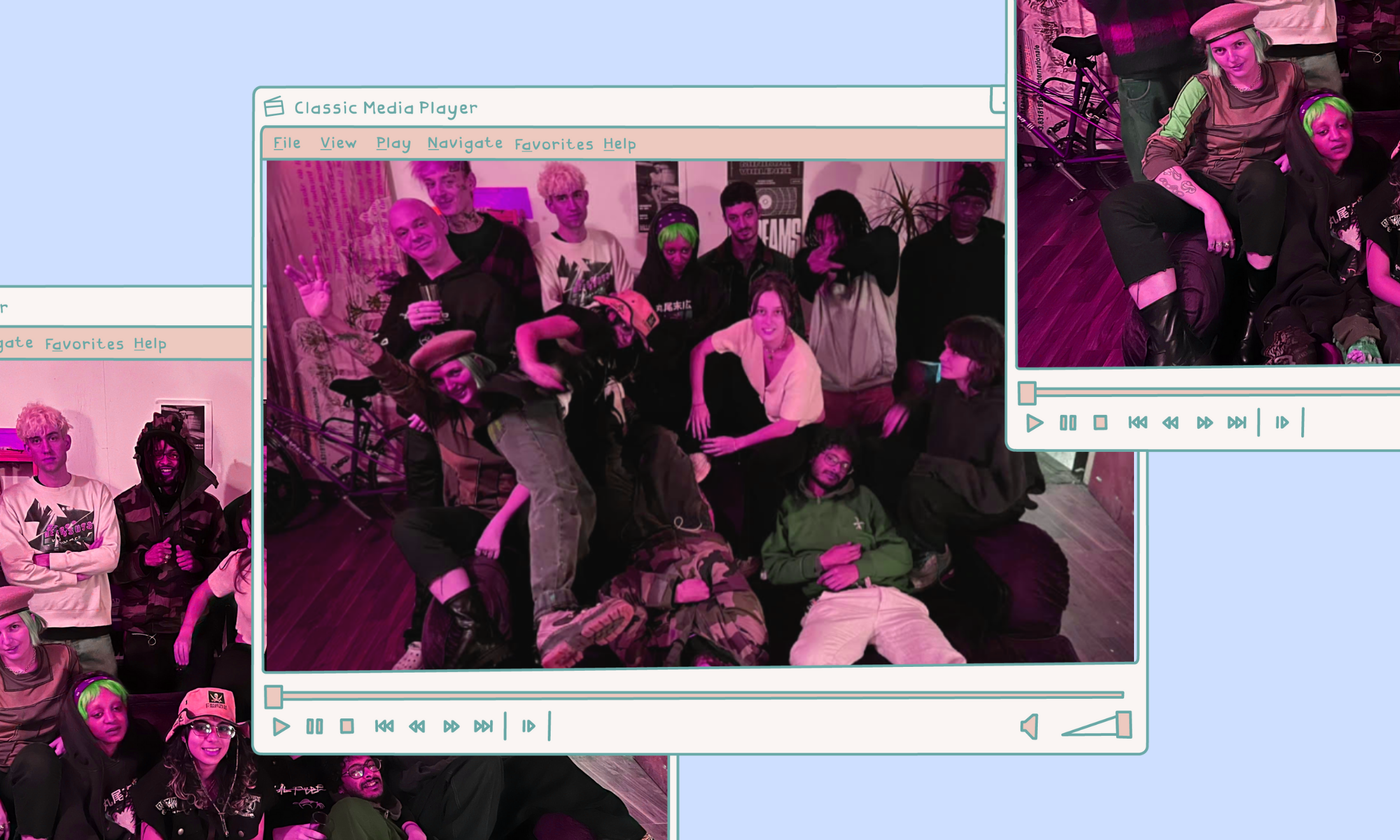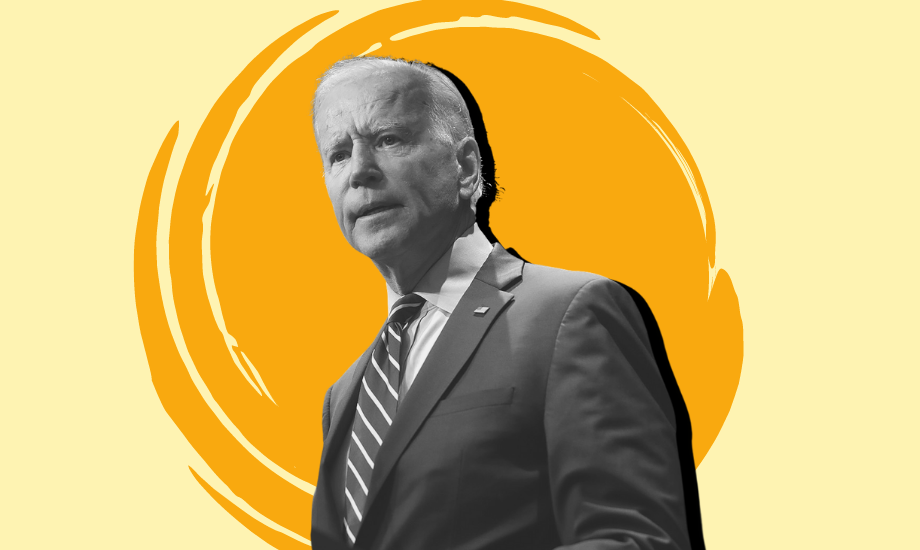
Mayoral candidate Brenda Dacres: ‘We need black women to step forward’
Kimberly McIntosh
07 Sep 2017
Forty years since the Battle of Lewisham, that saw some 500 National Front (NF) supporters vastly outnumbered by counter-protesters shows us what can be achieved when communities band together against racism. The rhetoric that stoked the NF has returned, meaning Lewisham faces challenges old and new. Gentrification is slinking into the centre and housing costs are up, while council budgets are slashed. Lewisham could have as little as £10m to fund non-statutory services like Youth Work, Libraries, Parks and Crime Reduction by 2018.
Brenda Dacres believes she’s the person who can tackle these issues head on. A Labour councillor for New Cross ward since 2014, she hopes selection as Labour candidate for Mayor of Lewisham will be her next chapter.
When I meet her in Peckham – the midway point between our houses – she’s warm, welcoming and well versed in the issues facing the residents of the borough she’s called home since her teens. NF marches used to start outside of her house. Forty years on from “the battle”, a black woman as mayor would be a symbol of progress in a time that often feels like a petri-dish for prejudice and bigotry.
Brenda is the only BME and only female candidate running for Labour selection, so we discussed being a black woman in political spaces – juggling care responsibilities and being constantly cautious of how you are perceived.
Why did you get involved in politics?
Brenda: Initially, I didn’t even realise I was getting into politics. My son came home with a letter from [primary] school saying there were going to be cuts to his school budget. I spoke to the headmistress at the time and she explained how the school budget worked and I knew that it meant they were going to lose a teacher specialising in English for Speakers of Other Languages (ESOL). When I looked at the OFSTED report, I could see that about 1/3 of the class spoke 43 different languages – it didn’t look good.
I spoke to other parents and we started a campaign against the cuts to the budget. We managed to get more resources for the school. And eventually I became a school governor. One day someone said “oh have you ever thought about becoming a councillor?” and they suggested I should. I had just finished a law degree and passed the bar exam and I really wanted to use these skills to help my community. They persuaded me to put myself forward and become a councillor. In 2014, I got elected onto Lewisham Council representing New Cross.
Recent research by the Fawcett Society found that women councillors face considerable barriers and Black women are often subject to racism and sexism. What has your experience been as a councillor?
Brenda: If my son were younger when I became a councillor, it would have been extremely difficult. We need to make things better so it’s more accessible for women with young children or with caring responsibilities. Whether it’s extra provision for childcare or allowing people with caring responsibilities to have some flexibility – have that time so that they can keep their life balance right with their family. They could be working as well and meetings and community events are often in the evenings or on the weekend during the day. You’ve got to plan that out along with your life – that can be a real barrier.
It’s a difficult decision to make because either you’re young, you’ve got caring responsibilities, maybe mobility issues. Whatever it is, if it’s a barrier it probably means you should be a councillor. We need that diversity and we’ve got to find a way to make it more accessible for these people. For me, it was the right time because I was older. I don’t know if I would have been able to do it when I was younger.
[One you’re a councillor] there are lots of big personalities and lots of people who like to speak up in meetings. It can be difficult. And as a black woman you have to be cautious about how you’ll be perceived.
You self-describe as a single-mother that has lived in Lewisham since her teens. Would you bring this experience to the role of Mayor?
Brenda: I raised my son here and went to university because I got a grant from Lewisham council – I wouldn’t be where I am today without it. I understand the difficulty with finding childcare provision that’s affordable. I get the disappointment of not getting your first preference for schools in the area. My experience is similar to most people working and living in Lewisham. I always make sure I listen and try and do something about residents’ issues. I’m able to relate much more to the community locally. I can bring this melting pot of experiences – from work, family and friends to the role.
What are the biggest challenges facing Lewisham?
Brenda: Housing and education. Your home should be the cornerstone of your life – where you work and study from. Any additional stress and strain such as overcrowding has a dramatic effect on you.
Buildings and towers are going up but they are not affordable – many of our family, friends, our community are having to look outside the borough. This is having an adverse effect on people’s support network – senior and younger. When people are unwell there is no one to look after them. We need council homes on council land and to put a stop to the selling off of council land. I would like to see council-led letting agencies set up to ensure we get good rates that people can actually afford, and long tenancies for more security in the private rented sector. And we need mixed communities – we need to see community land trusts (CLTs) and more self-builds. We need to work together to make sure we do this. And more forward planning in relation to sites. Gentrification is a threat and we already see pockets of it – it’s creeping in. We need more mixed communities.
Education is sold as a route out of poverty that will filter through successive generations. Education in Lewisham is great at primary school level but at secondary school it is not at the place that they need it to be to reach their full potential. It’s a complex issue.
Seeing the treatment of black women could put off young black women and women of colour from entering politics. What would you say to young black girls and WoC considering politics as an option?
Brenda: It’s not an easy path – anything worth doing won’t be easy. We’ve got to encourage one another when we step up to the plate – for school governor, councillor, Mayor, MP – we need to support and encourage each other. Don’t be put off. I’ve had friends get online abuse – but we support them and let them know we’ve got their back.
We need black women who are brave enough to step forward. It’s disappointing that no other women put themselves forward for this Mayoral race. We’ve got four black female councillors but we need more. We need diversity on different committees. Sometimes I’m in a meeting and I think: I’m so glad I was here otherwise who would have asked that question? We’ve got to work on this.
Why do you think women haven’t come forward for this election?
Brenda: Women often think: “What can I offer? What difference can I make”, and overanalyse. But I see this as a strength. It’s about that courage to say and know “I can do a good job”. Lewisham is a rich and diverse place – we need to see this represented in the council and in the Labour party.
It’s not just what you’ve done in the council but what you’ve done in life and bringing those messages across in panel interviews – we need more training on bringing that experience to interview when there are 3-5 panellists. [To be selected as a candidate for my councillor role] I think I had 6! There’s more than one way to gain experience.
Someone said I was too inexperienced to run for Mayor and I thought: would they say that to a man? Inexperienced is not what I am.
How has Brexit impacted Lewisham and what would a Brexit-deal that’s good for Lewisham look like?
Brenda: We need to stay in single market. There are lots of small businesses in Lewisham that rely on trade with EU. Export and import barriers would have a negative impact. EU families feel insecure in Lewisham at the moment. The rhetoric of government gives them no firm assurances and is causing them to consider moving back to their home country. And it’s given people licence to speak out of turn – things they wouldn’t have dreamed of saying before. We must speak out anywhere that we see racism.
We need to come together and say we’re not tolerating this. It’s the 40 year anniversary of the NF marches since the Battle of Lewisham. NF marches used to start outside my house.
We’ve seen historically what can be achieved when the community comes together and people say no. We need to see that again. We have to make sure as a community and a council that we’re standing up against it and our community knows we are behind them. They are welcome in Lewisham – it’s great because migrants built their lives here and I wouldn’t want that to change.
Follow Brenda’s campaign @Brenda_Dacres

Britain’s policing was built on racism. Abolition is unavoidable

How Pakistan’s Khwaja Sira and transgender communities are fearing and fighting for their futures

Their anti-rape performance went viral globally. Now what?






